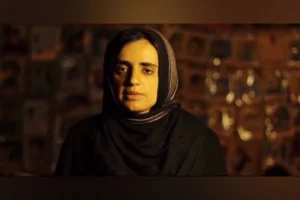Amid the deteriorating education system in Balochistan, a recent report from the Department of Education has revealed that an additional 542 schools have been closed under the current government, with the closure process ongoing, The Balochistan Post reported.
The Balochistan’s Department of Education has issued a report on school closures in the province. According to the report, 16,000 teachers are required to reopen the closed schools.
By May of this year, the number of closed schools had reached 3,152. As of September 2, the number of closed schools had increased to 3,694 across 35 districts, The Balochistan Post reported. Pishin has the highest number of closed schools, with 254 shut down, while Dera Bugti has the fewest, with 13 schools inactive.
The Balochistan’s Department of Education further said that by 2021, 1.2 million children in Balochistan were out of school, representing more than 70 per cent of school-aged children in the province, with 7,000 teaching positions vacant, The Balochistan Post reported.
Since then, the situation has worsened, with ongoing school closures and a shortage of teachers further increasing the number of children not attending school.
This comes as the education system in Balochistan is facing significant decline due to chronic underfunding and resource shortages. Schools and colleges throughout the province frequently lack essential amenities such as clean drinking water, functional toilets, and electricity, which severely impact the quality of education.
Many schools in Balochistan suffer from poor infrastructure, including inadequate buildings, a lack of basic facilities, and insufficient teaching materials. Rural and remote areas often face the greatest challenges.
Enrolment rates, particularly for girls, are lower in Balochistan compared to other regions of Pakistan. Contributing factors include socio-cultural norms, security concerns, and economic constraints.
The World Bank has noted that inadequate teacher training further exacerbates these problems, contributing to a decline in educational quality. Administrative corruption and favouritism also plague the sector. Overall literacy rates and educational attainment levels are lower in Balochistan compared to other provinces, affecting opportunities for higher education and employment.



















